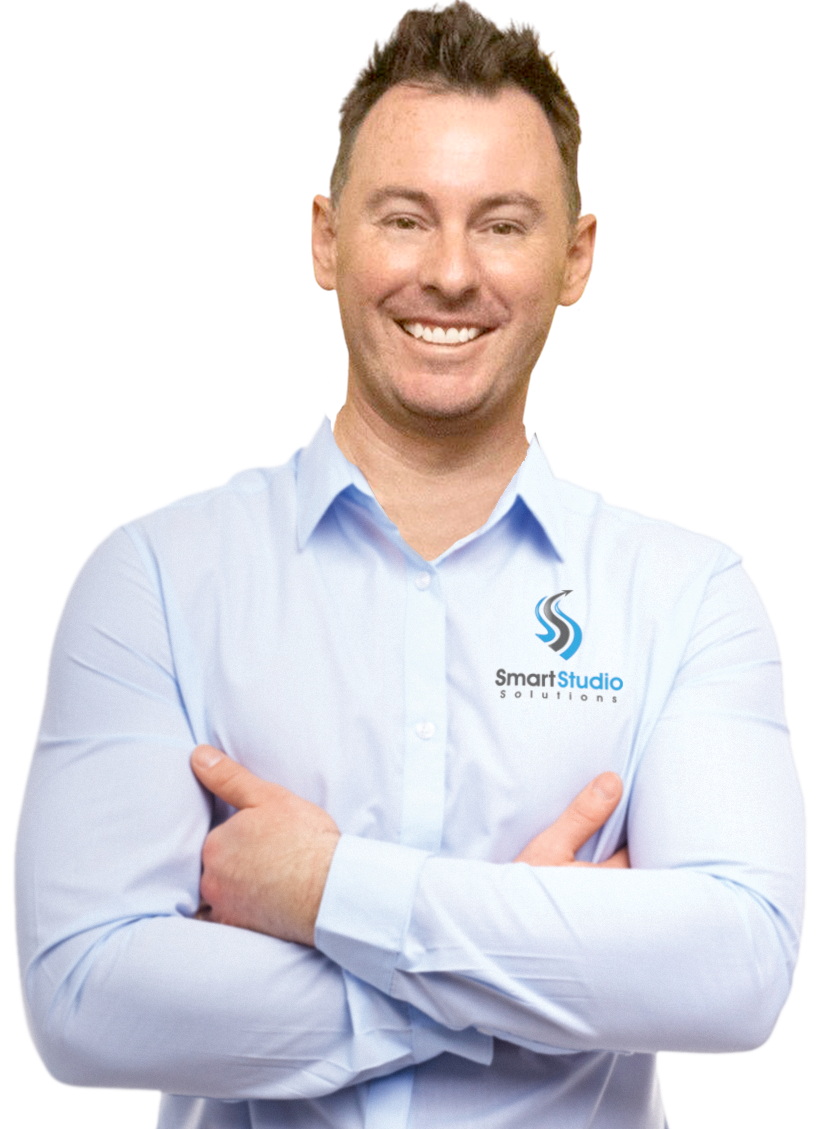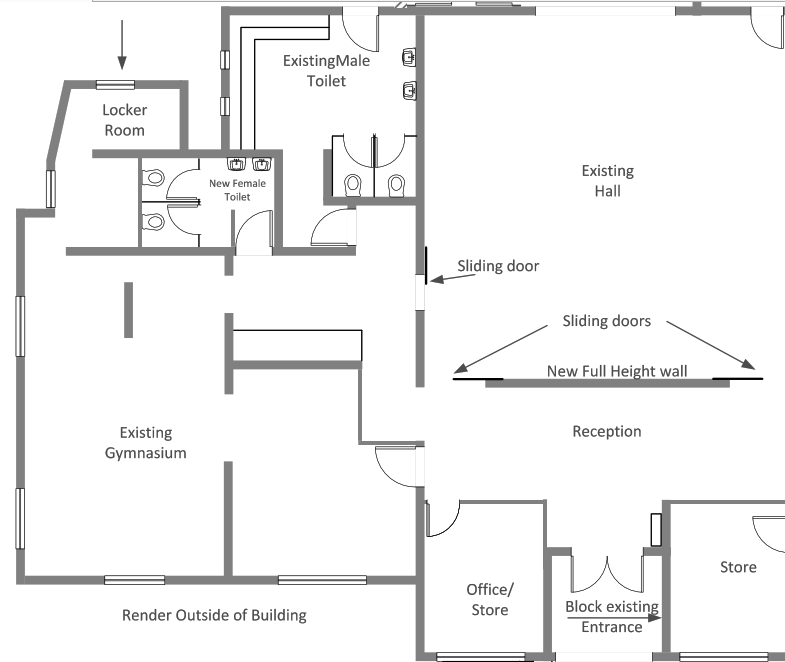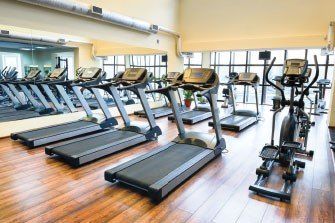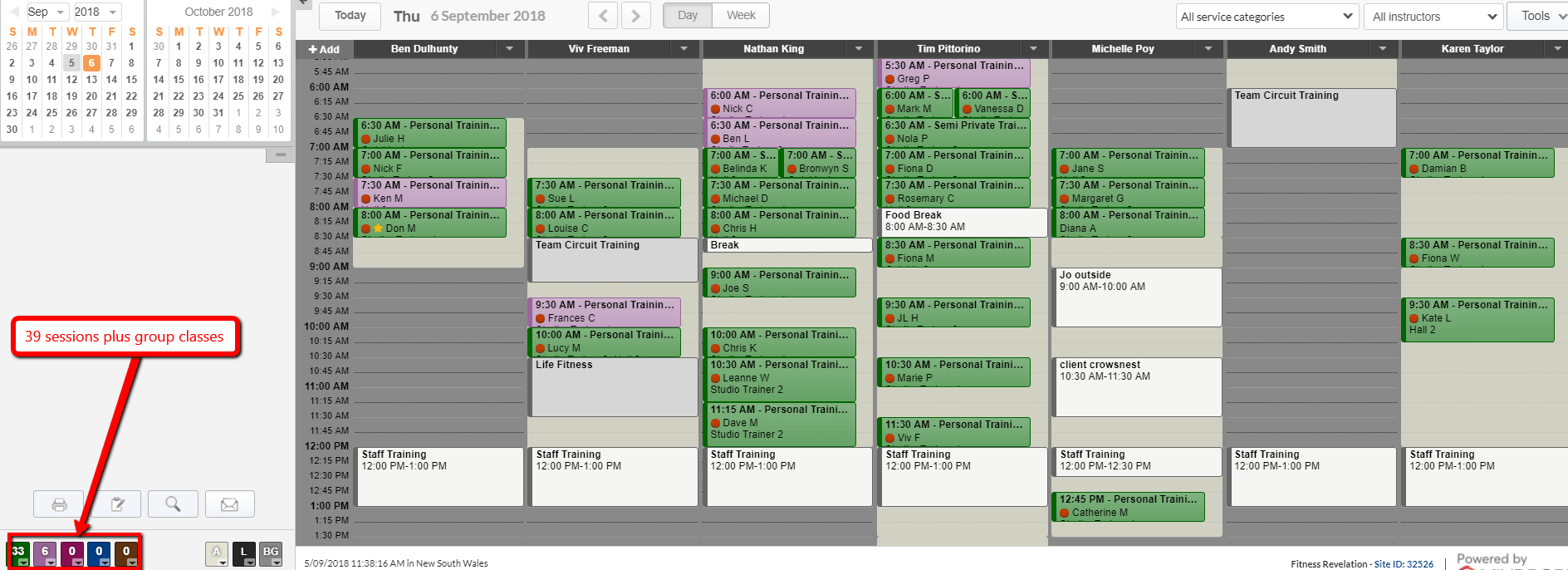Essentials to becoming a 6 Figure Trainer (part 1)
Just the other day, I read the average FULL TIME Personal Trainer in Australia was earning between $41,105 and $69,982!
I have worked in the field for over 20 years as a certified personal trainer and Fitness Business Owner and in my experience, sadly that number is spot on. The good news is, there is HUGE room for improvement. In fact, the full time trainers I personally mentor, have their first financial earning goal as $100,000 a year when they come on board with me, and then above that every year following. This may seem like a lot of money to some, but it's really the bare minimum a trainer should expect to earn if they are taking their career seriously. So, there are a few reasons the 'average' personal trainer isn't earning $100,000 a year - and I'll touch on them now.
Every personal trainer that I have ever hired came to the industry with the hopes of helping people and potentially making a great income. What could be better than that?! It has such great allure…
Unfortunately, most don’t succeed.
Why is that?
What is the reason?
Ever since I was young I heard that if you follow your heart and pursue something that you are passionate about you will succeed. If that is true and every personal trainer I have encountered emphatically expressed a sincere desire to help people, then why has turnover been so high and income been so low?
Well, the health and fitness industry has experienced a major boom over the past 20 years, but the harsh reality is that the majority of personal trainers are not reaching their potential financially.
There are a few theories as to why the numbers reflect this.
One theory is that the health club industry realized the potential in personal training revenue over this time period, and hiring more trainers seemed like the logical way to increase gym earnings. The problem with this for the trainers is, they only get a cut of the session and earning potential is limited. Another is that personal training certifications cover everything from anatomy and physiology to program design and application, leaving little room for business training and development. So, those Personal Trainers actually doing it themselves (ie running their own business) have limited earning capacity as they don't know how to GROW their profession.
With my experience in the field I tend to take a little more stock in the second theory. Business development could very well be the variable that makes or breaks you as a personal trainer. We all want to help people but the first step in helping our clients is actually getting the clients. This goes for any business.
If there are no clients there is essentially no business.
So, if you are on the path of building a personal training business you must think of yourself as a business owner. Therefore, you must follow in the steps of every successful business.
All successful businesses do these 5 simple things to get organized…
1) Get the right education for your business
Decide which personal training certification is right for you and also what niches may set you apart (small group training, rehabilitative work, ketllebell training etc). Understanding the basics of anatomy, physiology and program design is the bare minimum. You want to be able to work with all body types and any variable you may encounter but also find a niche that will set you apart. You have to create an identity and a niche that will draw attention to you.
2) Seek advice from those in the field
There is no need to make mistakes. Use the resources of those that have established a successful business and ask for some guidance. Attaining a certification is only the start of your growth. Be willing to remain teachable and open to suggestion and criticism. One thing that helped me when I started was finding a mentor. I watched from a far and saw a man that had everything that I wanted. He was always busy, his clients respected him and he always seems to be “ON” He was running a successful Boutique Studio, and I set myself the same goal. When I was 21 I took a 50% paycut to work with him and learn everything I could. So, I asked for his guidance and I grew by remaining teachable. Later in my career when I started mentoring others I learned the lesson that it helped him just as much as it helped me…
3) Research your target demographic
Start to identify who your clientele is, what their general needs are and even what the average income is in the area of your business. All this information is important to ensure that you are training the right clients. If your education is athlete specific or for the general population you need to make sure you are able to provide the right care for these people. If working in a setting where the average client needs post-rehabilitative care and you are looking to train athletes you may run the risk of losing the fulfillment in your job.
4) Establish a business plan
This is a great way to get organized with everything from creating a mission statement to establishing what your rates are and consequently how many clients you will need to train. A mission statement will help you to identify your core beliefs and stick to them. This may change as time goes on but it is important to define who you are and what it is that you would like to accomplish. This is the foundation of your business. If this is not established you will stumble in times when business gets tough.
5) Invest in Your Business
At the beginning you should be prepared to spend adequate time and money. This may include everything from marketing yourself, prospecting for new clients and in rare circumstances giving out free services. Once the business is built up it is easy to forget the things that made you successful. Keep reinvesting in the business… which is YOU! Keep learning. Keep growing. Keep the fire going strong. For most, no matter how much you love the work that you do, it’s easy to get burnt out. As you keep educating yourself you will always have new theories and techniques to use. It will keep work exciting and help you to keep striving for something greater.
These are 5 simple tools that I have used to help me be successful in the personal training industry for 20 years strong. Some of this information may seem simple but will keep you start off on the right foot, help you stay consistent and keep you growing.
This works for all that I pass it on to and it can work for you.
Stay tuned for Part 2 next week :)
Good luck!
Yours in Fitness Business Success,

Ben Dulhunty












